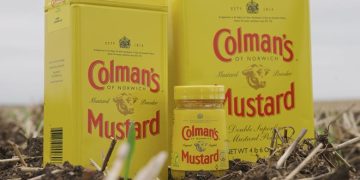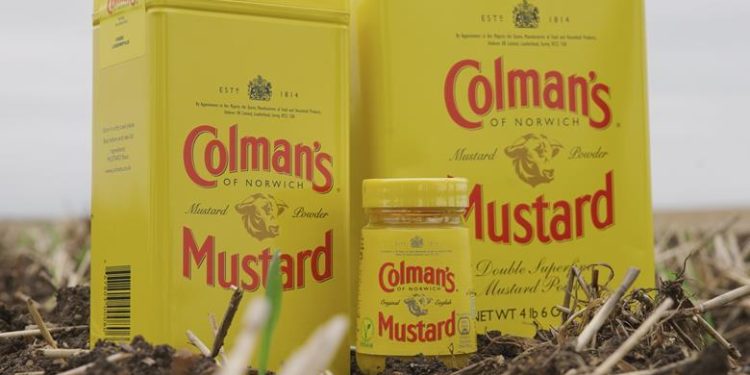#RegenerativeAgriculture #SustainableFarming #SoilHealth #Biodiversity #AgriculturalInnovation #CarbonReduction #CropProduction #Sustainability #Unilever #UKAgriculture
In a significant stride towards sustainable agriculture, Unilever has launched its first regenerative agriculture program in the UK. Partnering with farming cooperatives, agricultural service providers, and research institutions, the initiative aims to transform mustard and mint farming practices in Norwich and Peterborough regions.
The program encompasses a holistic approach to address the specific challenges faced by mustard and mint crops, incorporating strategies such as low carbon fertilization, crop nutrition optimization, cover cropping, and digital water irrigation systems. Unilever’s commitment extends beyond mere implementation; it includes the meticulous collection of baseline data and ongoing measurement of the practices’ impact on soil health, biodiversity, water efficiency, carbon reduction, and farm profitability.
Moreover, Unilever’s dedication to innovation shines through its funding of new technologies, including advanced devices for in-situ soil carbon measurement. This forward-thinking approach underscores the company’s broader commitment to investing in regenerative agriculture practices on a global scale, with a target to impact 1.5 million hectares of land and forests by 2030.
Unilever’s foray into regenerative agriculture marks a significant step forward in sustainable farming practices, setting a precedent for the industry. By prioritizing soil health and biodiversity, embracing innovation, and fostering collaboration across the agricultural ecosystem, Unilever paves the way for a more resilient and environmentally conscious future in food production.































